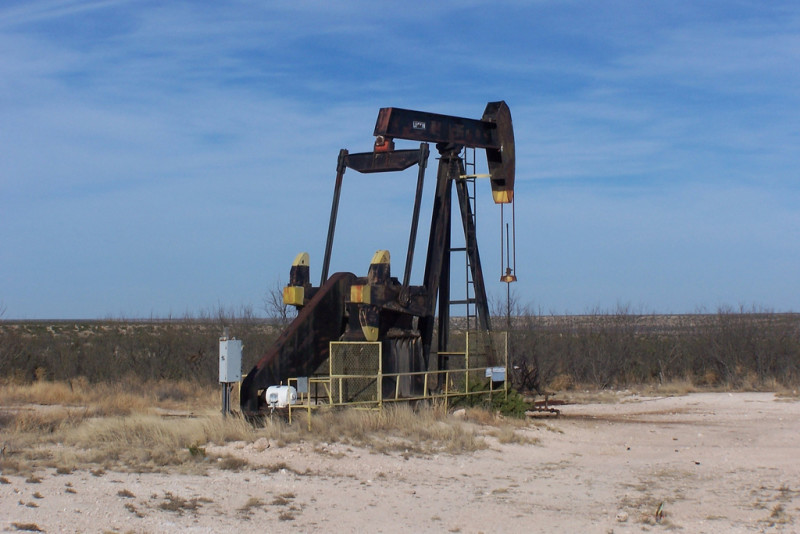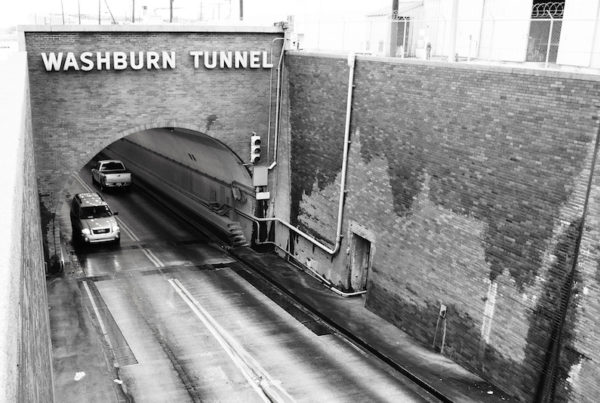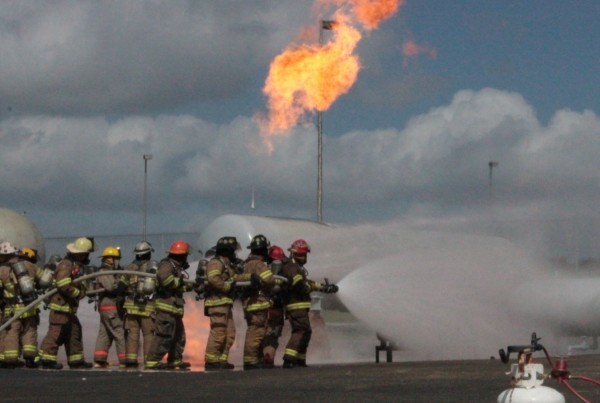As the saying goes, “you don’t know what you’ve got until it’s gone.” The same is true for big oil company revenues .
In the past, major projects paid the bills but now that times are tight, they’re looking for ways to cash in on the fracking boom – a boom that’s already gone bust. How’s that supposed to make sense, exactly? Bradley Olson, a reporter for the Wall Street Journal, is trying to figure that out.
“If you look at it as a drilling revolution with fracking that brought about so much more oil and gas, it really happened from the small companies that are a little more innovative and willing to take risks,” Olson says. “Bigger oil companies have, at least in the past focused on the sweet spot, which is in deep water or really complex projects that they would do with other producers.”
That left the big oil companies on the sidelines of the fracking and shale revolution – and now they want in on it. Olson says they need to find the “secret sauce” in order to succeed because the technology is expensive.
“That’s one of the reasons why it wasn’t really a good match for the biggest oil companies and the smaller companies were fine to just drill like crazy – they would use debt and they didn’t make a lot of money,” he says. “So that was one of the main reasons that a lot of the biggest oil companies didn’t do it because the profits just weren’t there compared to what they were used to.”
Olson says the state of the oil and gas industry is similar to what happened in the online retail industry between Amazon and Walmart.
“It’s such a different business; online retail is just so different than Walmart’s sweet spot,” he says. “In that way, it’s very similar – it’s the big guy trying to think small, and to make sure that the revolution doesn’t happen without them.”
Big oil has chosen the tail-end of the fracking boom to get in the game because margins are low.
“They’re using this period when prices are lower to try to come up with ways to make fracking more financially sustainable. That’s not the mention environmental sustainability – which is a whole other question.”
Post by Allyson Michele.

















